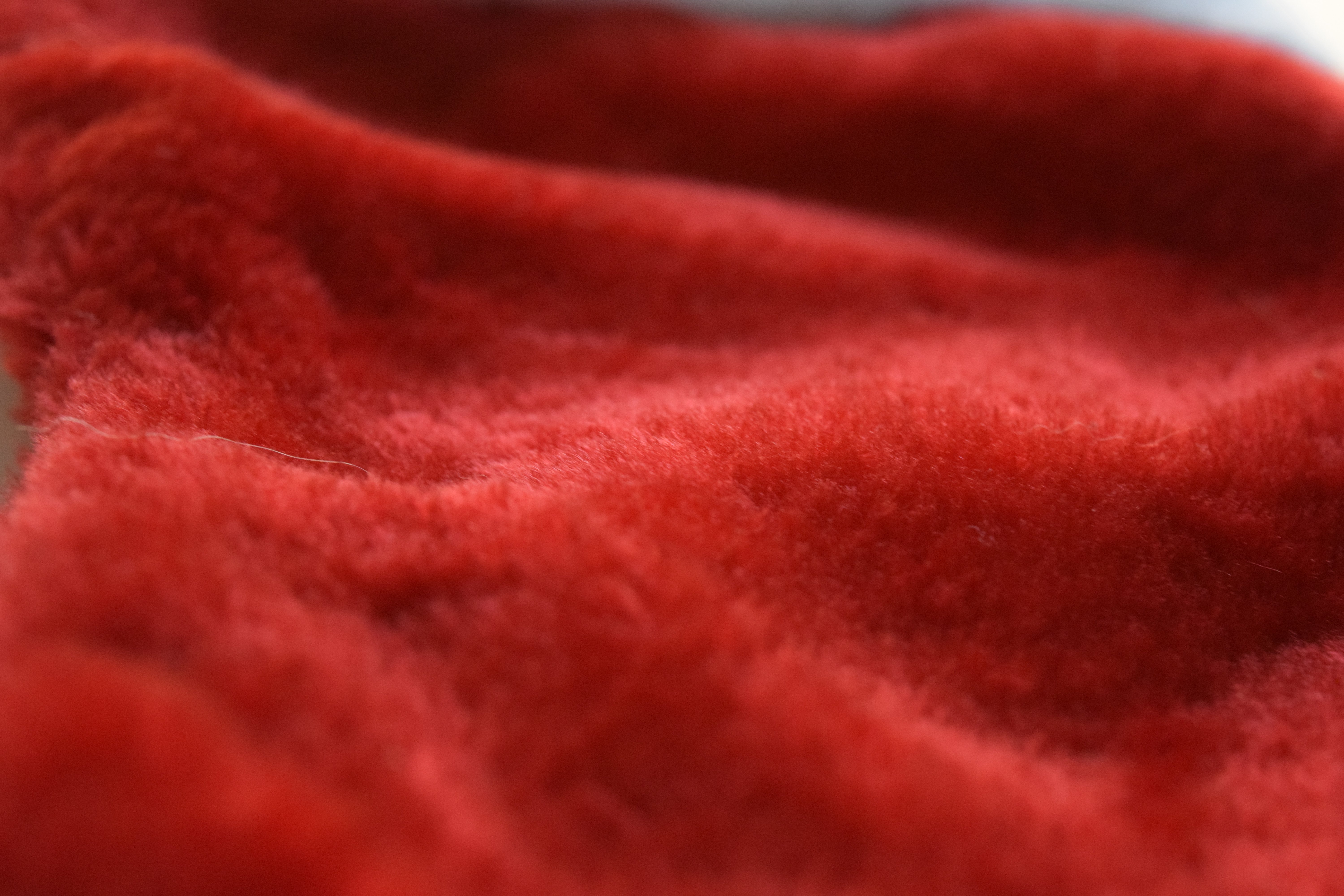
Amsterdam, 2 February 2018 – Plastic microfibers are released during the machine washing of synthetic clothing. Microfibers in the environment are difficult to tackle and form a huge problem. In its Plastic Strategy the European Commission expresses its support for a new initiative by a European industrial consortium, which aims to prevent plastic microfibers entering water. On 16 January, the very day that the EC presented its Plastic Strategy, the consortium released this declaration.
The aim of the industry’s initiative is to find feasible solutions and develop test methods. To achieve this, the consortium intends to spend the first half of 2018 analyzing the problem. In addition to this it wants to put a draft proposal to the European Commission by the end of 2018 stating which knowledge needs to be developed in order to work on possible solutions. The declaration is incredibly vague.
The five companies (AISE, CIRFS, European Outdoor Group, Euratex, Federation of the European Sporting Goods Industry) could, however, save themselves months of effort, since the European Commission already had research carried out into synthetic microfibers long ago. The main conclusion of the Mermaids Life+ project is that 600,000 and 17,700,000 microfibers are released during every five-kilo wash (an average of six million per wash). This and other results were published at the end of 2017 in the scientific journal Environmental Pollution. The Mermaids project also developed an analysis method based on scanning a filter (with a mesh size of 5 µm) using an electron microscope. This makes it possible to count the number of fibers released per wash relatively accurately.
So why has the consortium failed to even mention research carried out by the European Mermaids project, while at the same time saying it wants to analyze the problem and focus on developing harmonized test methods? After all the problem has long been analyzed, not just by Mermaids, but also by other research groups, such as the one led by professor Richard Thompson of the University of Plymouth. The results of which are largely consistent. There is currently enough known on which synthetic materials release more or fewer fibers, which temperatures reduce fiber release and whether, for example, it matters which detergent is used.
So what is actually going on? Measures to prevent fiber loss will be radical and that is a huge threat to the whole textile chain. The joint action taken by the five industrial organizations is a tried and tested strategy, which could be described as ‘obstructive cooperation’. It entails recognizing that there is a problem and then taking as much time as possible to analyze and research it. The essential thing is to avoid or influence government regulation by being the first to announce action.
The European Commission should have set conditions for measures aimed at reducing the loss of fibers and it should have done so on the basis of the European Mermaids life+ project.






